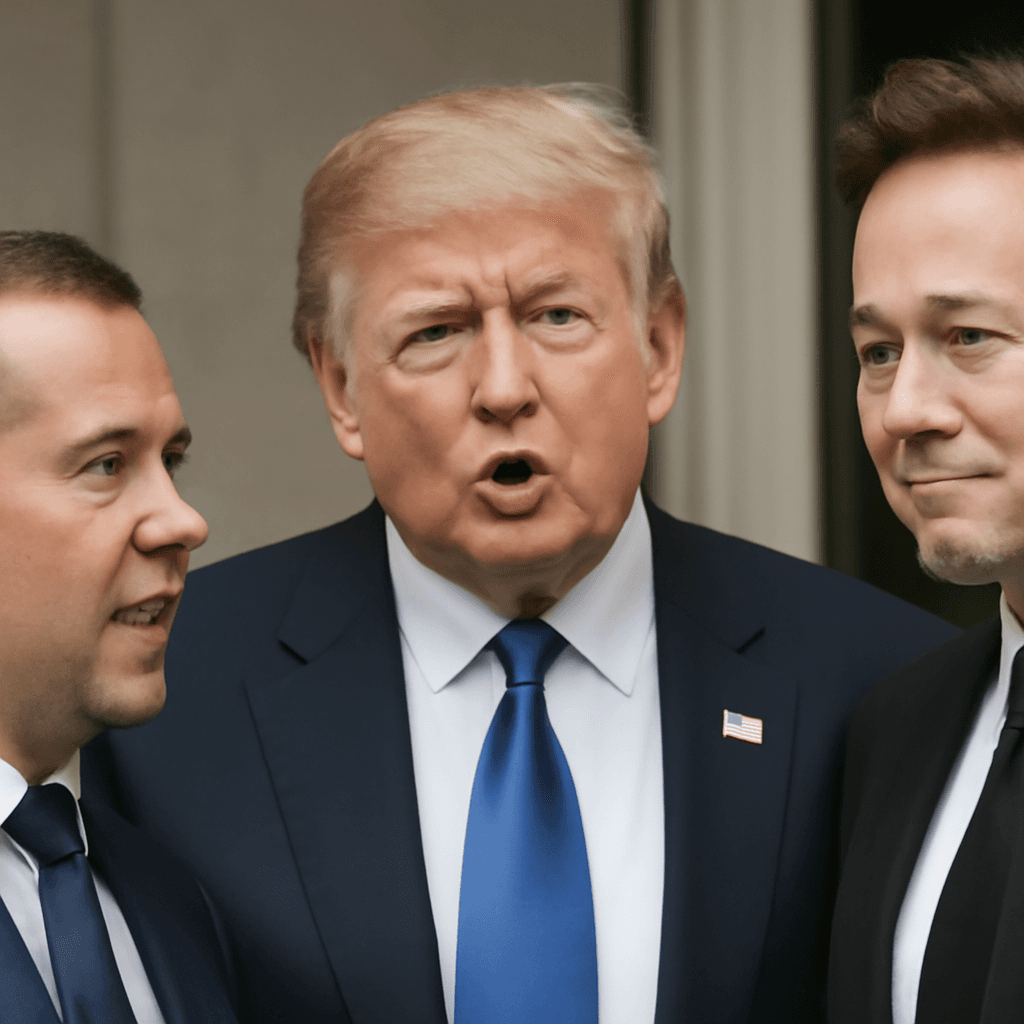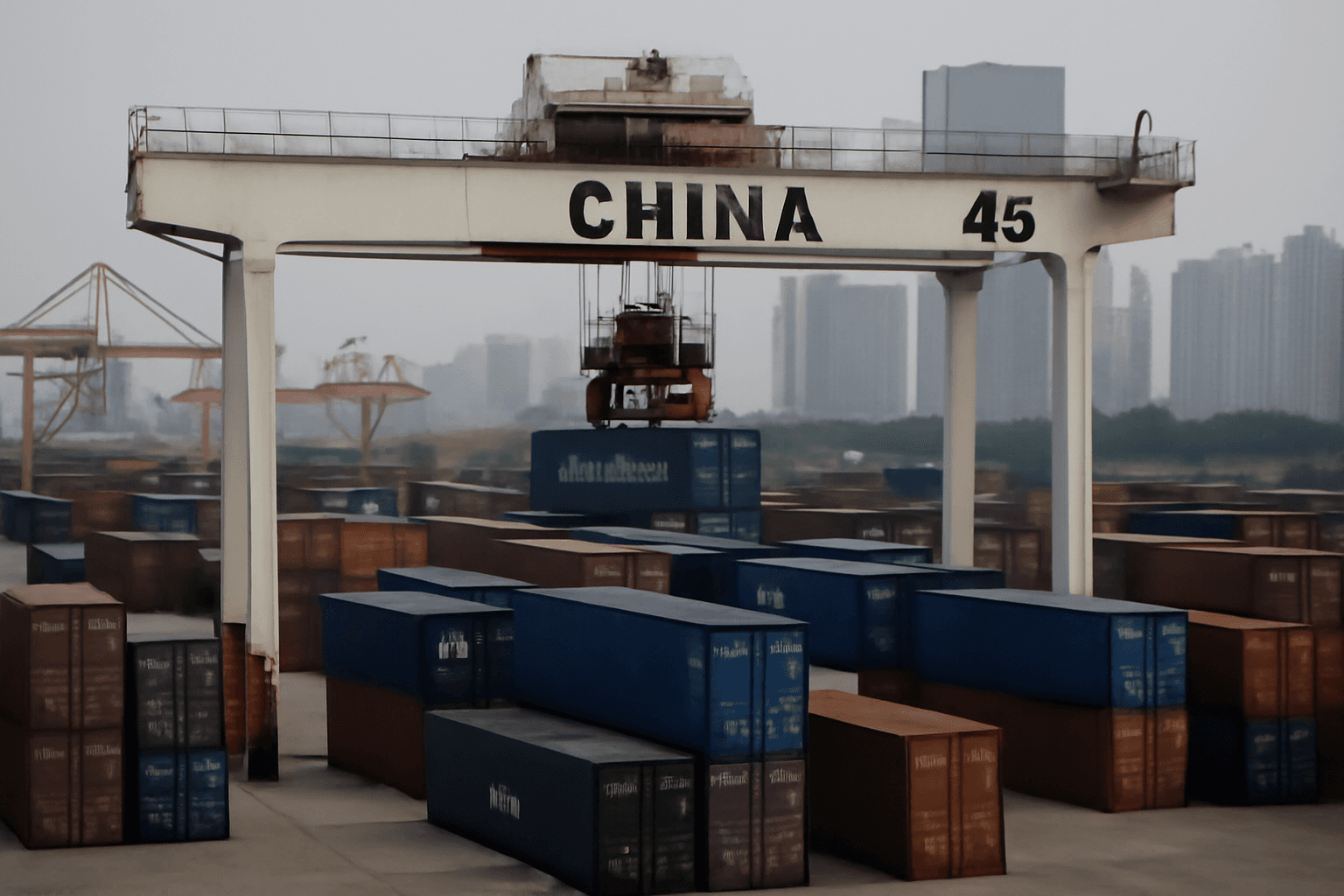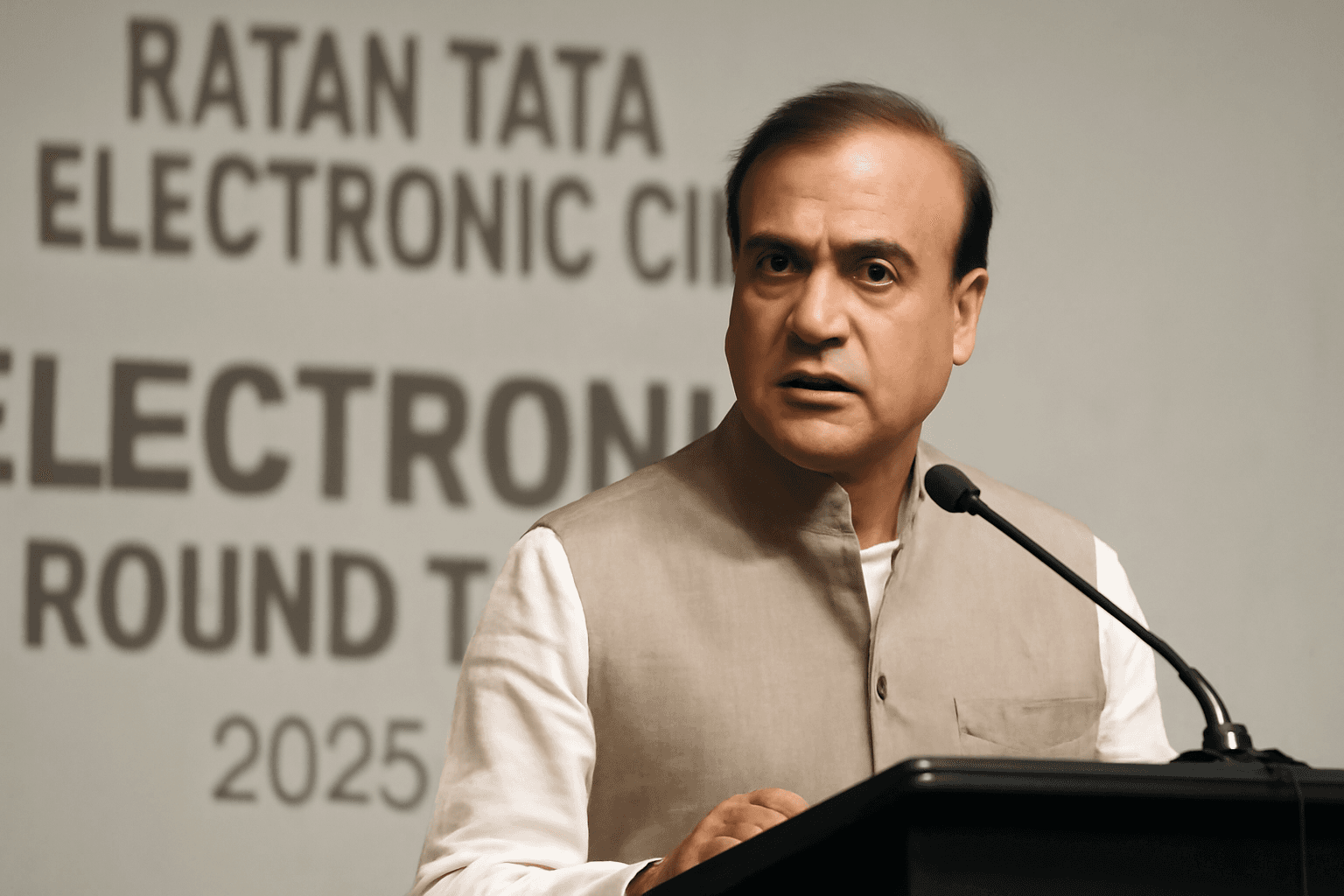China's Accelerating Biotech Advancement
While much focus remains on artificial intelligence competition between the U.S. and China, biotechnology is emerging as a critical battleground. Recent assessments suggest that among key technology sectors—including AI, semiconductors, space, and quantum computing—China holds the most immediate potential to surpass the United States in biotechnology.
Though the U.S. currently maintains leadership across these fields, the narrowing gap in biotechnology indicates potential for a significant shift in global technological power.
U.S. Concerns and Strategic Recommendations
U.S. authorities have expressed growing unease about China's rapid biotech progress. A recent bipartisan congressional commission warned of an impending transformative breakthrough in biotechnology akin to the impact ChatGPT made in AI. The commission emphasized the urgency for the U.S. to enhance its biotech innovation and simultaneously impede China's progress, recommending a federal investment of at least $15 billion over the next five years to strengthen domestic capabilities.
China's Biotech Advantages
China's biotech sector benefits from several advantages:
- Dominance in pharmaceutical manufacturing and production, providing extensive scale and infrastructure.
- A larger pool of skilled human capital dedicated to biotech research.
- A more flexible and expedited regulatory environment that accelerates the advancement from research to market.
In contrast, the U.S. biotech sector faces longer regulatory approval processes and drawn-out research timelines. These differences contribute to China’s growing competitiveness and attractiveness for pharmaceutical investment.
Challenges and Shifts in U.S. Biotech Hubs
Concurrent with China’s progress, established American biotech centers such as Cambridge and Boston have reported layoffs and vacant laboratory spaces. This has raised concerns about the U.S.’s ability to sustain its historical leadership in biotech innovation amidst intensified global competition.
China's Coordinated Strategy and Global Implications
China’s biotech growth is driven by deliberate, state-led multi-year plans and policies aimed at technological leadership. Unlike China’s coordinated approach, the U.S. lacks a unified biotechnology strategy, which may hinder its competitive edge.
There are concerns that China's dominant position in biotechnology could become a strategic lever akin to its control over rare earth minerals. In light of these geopolitical tensions, collaboration between the U.S. and China in biotech and AI appears increasingly unlikely, prompting expectations of heightened U.S. regulatory and strategic pressure on China.
Global Collaboration and Industry Perspectives
Despite geopolitical challenges, biotechnology remains inherently global. For instance, some pioneering firms operate with a worldwide footprint—conducting AI research across Canada and the Middle East, experimental testing in China, and clinical development in the U.S.
China also leads in key biotech metrics, including the number of gene-editing patents and clinical trials conducted globally. Industry experts note that the future of biotech innovation will rely on navigating diverse international regulations and leveraging global resources.
One investor compares China’s entrepreneurial biotech environment to a vast supermarket where only outstanding startups thrive. With AI lowering innovation costs, experts anticipate a breakthrough moment in biotechnology within the next five years.
Key Takeaways
- China is rapidly closing the gap with the U.S. in biotechnology,
- The U.S. lacks a cohesive biotech strategy,
- Bipartisan U.S. commissions recommend substantial federal investment
- Global collaboration remains essential,









